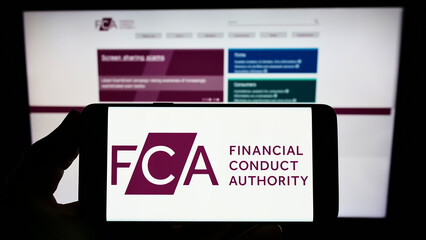The financial industry is heavily regulated, and for good reason. Consumers and investors alike need protection from unethical or fraudulent practices. In the United Kingdom, the regulatory body responsible for overseeing financial services is the Financial Conduct Authority (FCA).
One of the ways the FCA ensures financial companies operate ethically and transparently is by requiring them to obtain FCA authorisation. In this article, we’ll discuss what FCA authorisation is, why it matters, and the steps involved in obtaining it.
What is FCA Authorisation?
FCA authorisation is a designation that signifies a financial company has been approved by the Financial Conduct Authority to provide financial services in the UK. It shows that the company has met certain standards and criteria set forth by the FCA and is operating in compliance with the regulations.
Why Does FCA Authorisation Matter?
FCA authorisation provides consumers and investors with peace of mind that the financial company they are dealing with is legitimate and operating in compliance with the regulations. It protects them from unethical or fraudulent practices and shows that the company has been vetted by the FCA and found to meet the required standards.
For financial companies, obtaining FCA authorisation is essential for legitimacy and credibility. It demonstrates to consumers and investors that the company is committed to operating in an ethical and transparent manner, and can help attract new business and build trust.
Steps Involved in Obtaining FCA Authorisation
The process of obtaining FCA authorisation can be complex and time-consuming, but it is a crucial step for any financial company operating in the UK. The steps involved are as follows:
- Pre-application assessment: This is the first step in the process and involves the company assessing whether they meet the criteria for FCA authorisation.
- Application: Once the company has determined they meet the criteria, it can then submit its application to the FCA.
- Review: The FCA will then review the application and request additional information if needed.
- Assessment: The FCA will then conduct a thorough assessment of the company to ensure they meet the required standards and regulations.
- Decision: The FCA will then make a decision on whether to grant authorisation to the company.
- Ongoing supervision: Once the company has been granted FCA authorisation, it will be subject to ongoing supervision and must continue to comply with the regulations.

Conclusion
FCA authorisation is a crucial designation for any financial company operating in the UK. It provides consumers and investors with peace of mind that the company is operating ethically and transparently, and protects them from unethical or fraudulent practices. For financial companies, obtaining FCA authorisation is essential for legitimacy and credibility, and demonstrates their commitment to operating in compliance with the regulations.








